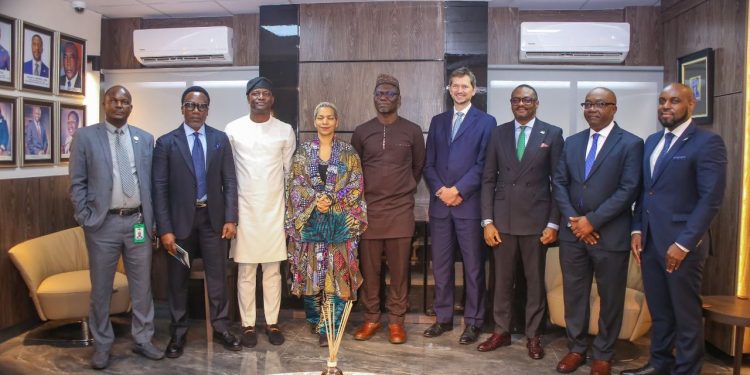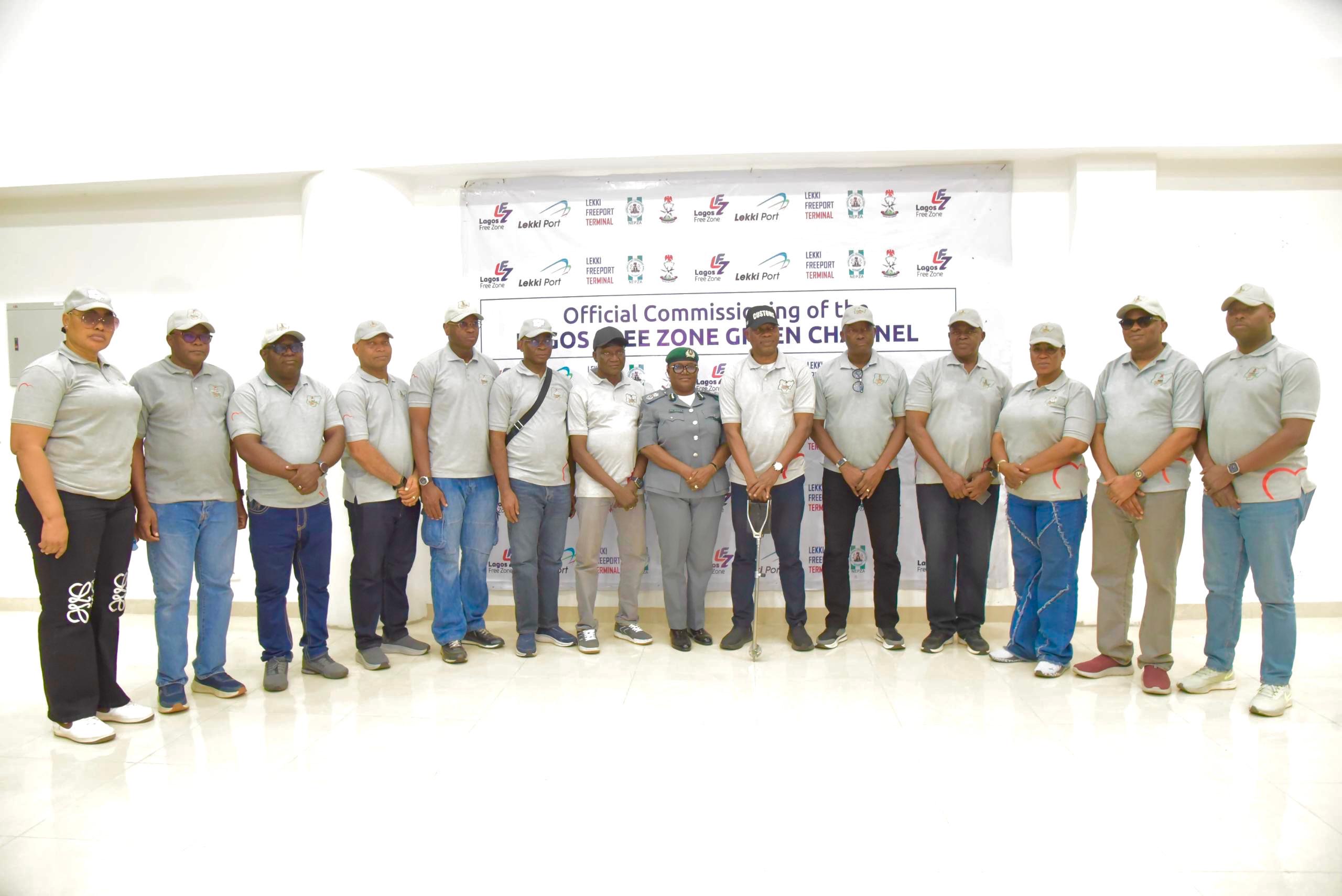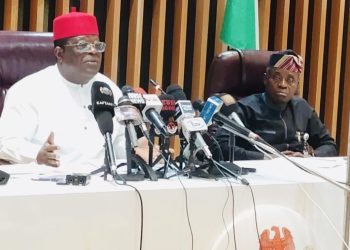By Nkechi Eze
The Director-General of the Nigerian Meteorological Agency (NiMet) has raised fresh concerns about the growing risks posed by climate change to Nigeria’s financial sector, warning that extreme weather events are increasingly destabilising economies and threatening the resilience of financial markets.
Speaking on the urgent need to embed climate considerations into Nigeria’s financial architecture, the NiMet DG noted that the World Economic Forum (WEF) has already identified extreme weather as one of the top global risks, with far-reaching impacts on financial institutions worldwide. According to him, the rising frequency and intensity of such events are translating into higher operational costs, severe physical risks, liquidity challenges, and disruptions that are most keenly felt in developing countries.
“Extreme weather events are both short-term and long-term risks. Their economic costs are significant and growing, with disproportionate impacts on developing countries like Nigeria,” the DG stated. “They trigger food price shocks, disrupt supply chains, and increase the cost of insurance. For financial institutions, the consequences are real, credit risks escalate when borrowers cannot repay loans after climate disasters, and market risks deepen as the value of climate-sensitive assets declines.”
He explained that the mounting climate damages are also straining private insurance markets, shifting more of the burden to government-backed plans and raising urgent questions about their long-term sustainability. In his words, “We must work together to close the climate data gaps in Nigeria by integrating contextual meteorological data into sustainability reporting. This is essential for informed decision-making in the financial system.”
Underscoring the central role of meteorology, the NiMet DG stressed that weather and climate data are the foundation of sustainability reporting and a critical tool for building a resilient economy. “Meteorology provides the fundamental data that underpins disaster preparedness, public health, building and construction standards, agricultural productivity, food security, marine operations, the extractive sector, and aviation safety. Indeed, no sector of the economy can thrive without reliable climate information,” he said.
Highlighting NiMet’s statutory role, the DG recalled that the Agency was established by the Federal Government to observe, collate, process and disseminate weather and climate information to safeguard lives and property. “NiMet has remained at the forefront of climate data management, providing timely predictions across timescales and developing people-centred early warning systems to support sustainable socio-economic development,” he added.
The DG emphasised that Nigeria must prioritise greater investment, stronger stakeholder engagement, and high-quality climate data sharing if it is to achieve effective sustainability reporting and foster transparency and trust in its financial system. “Our focus is on collaboration. By scaling up access to climate data and strengthening climate finance, we can entrench enduring resilience in Nigeria’s financial markets,” he affirmed.
He concluded with a call to action: “NiMet looks forward to deeper engagement with financial regulators and industry actors to ensure that our financial system is climate-informed and resilient enough to withstand the shocks of tomorrow. Together, we can secure trust, transparency, and sustainable progress for Nigeria.”

















